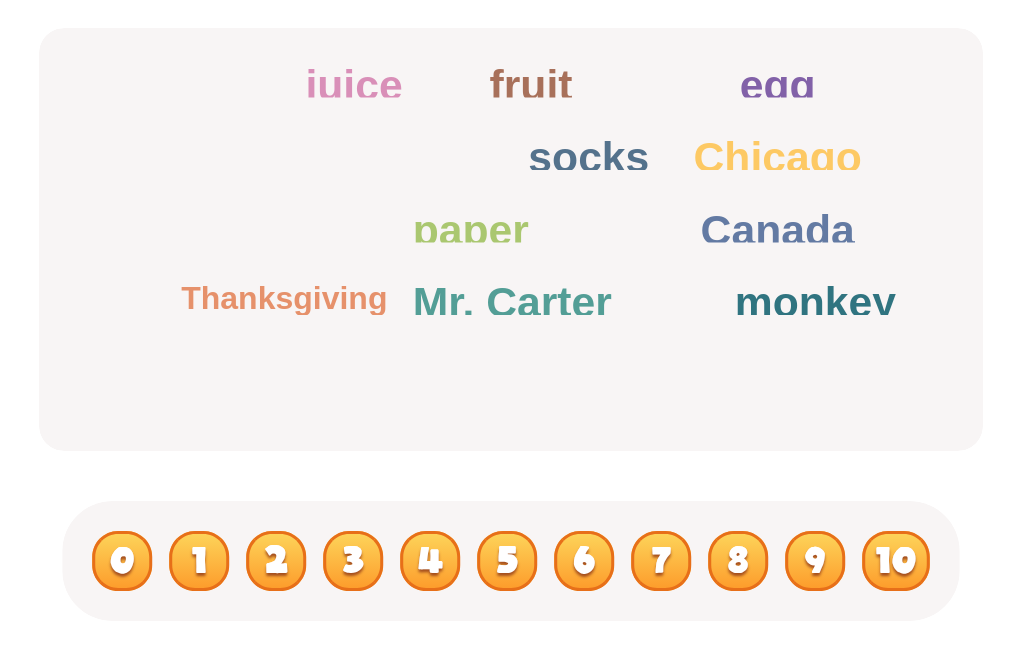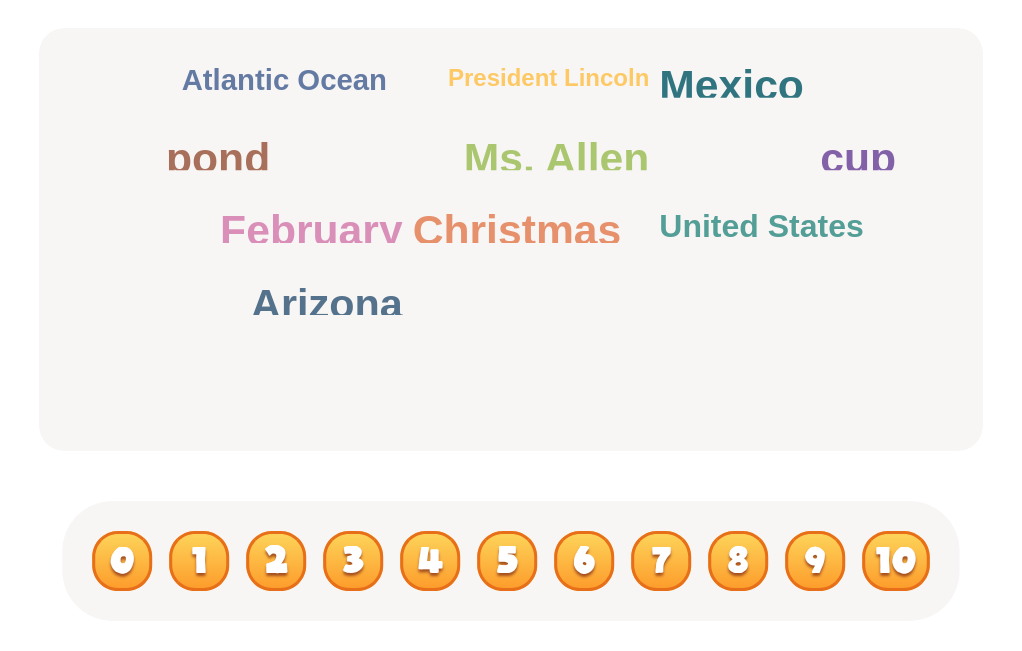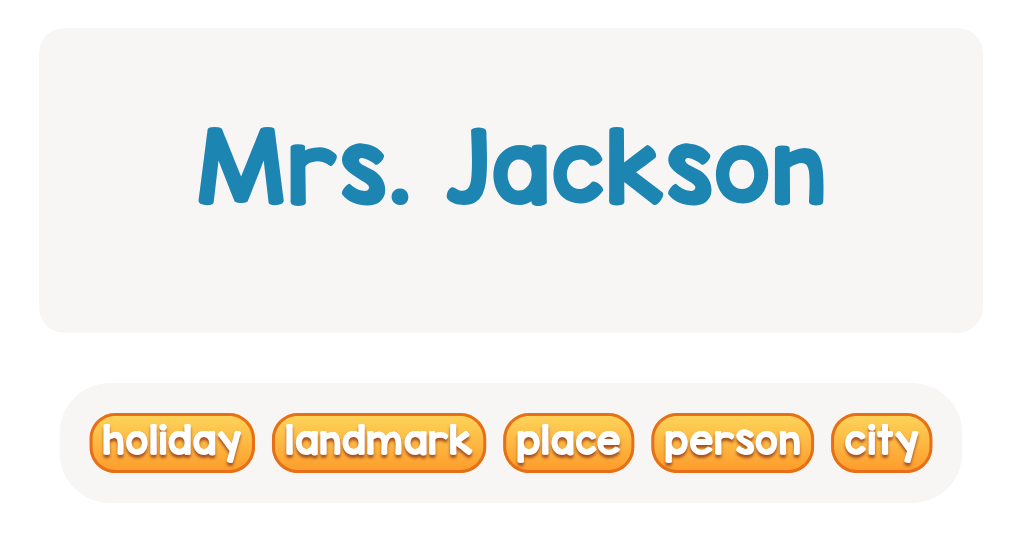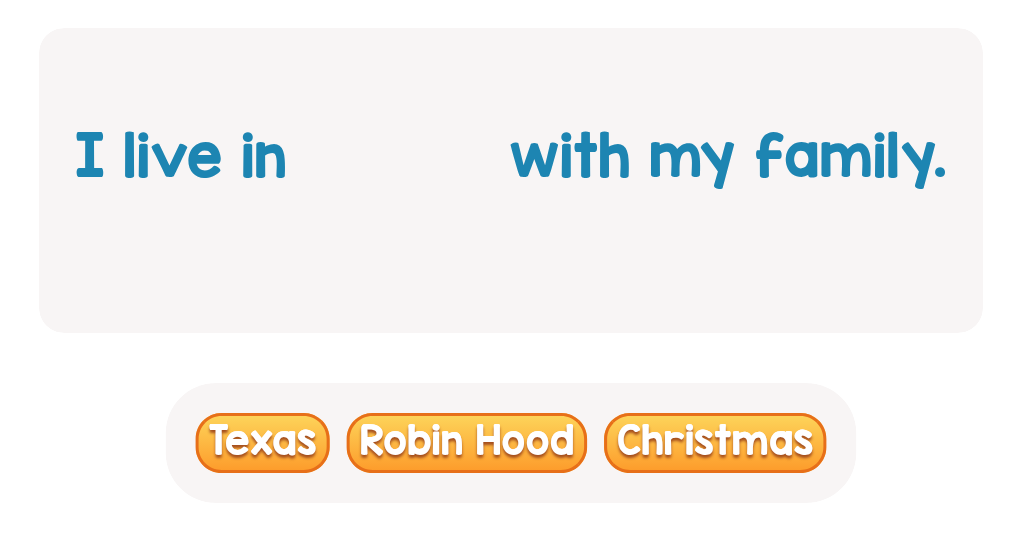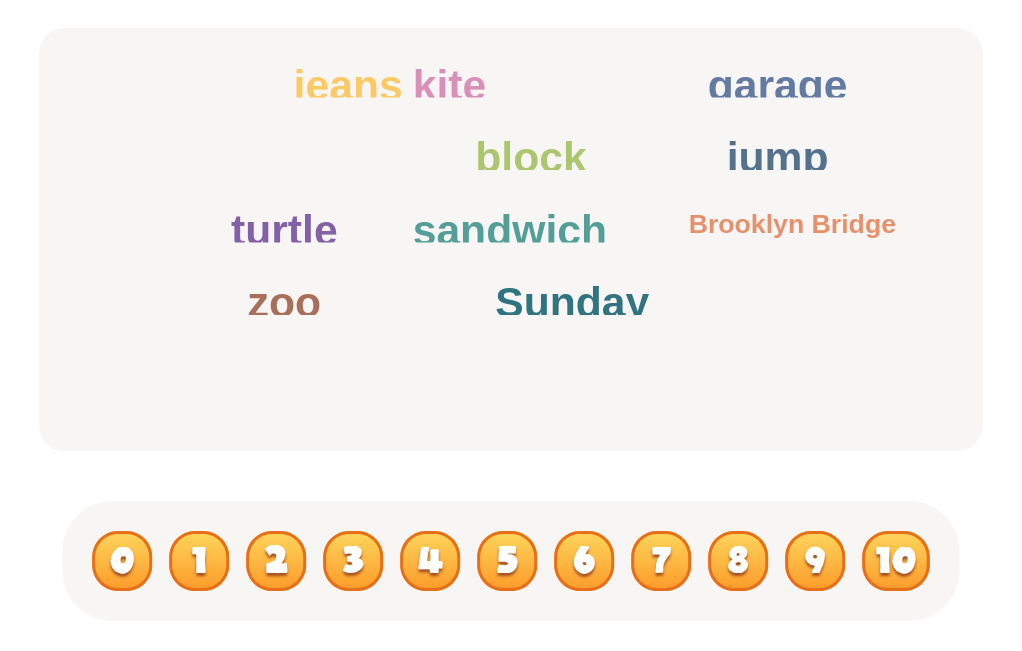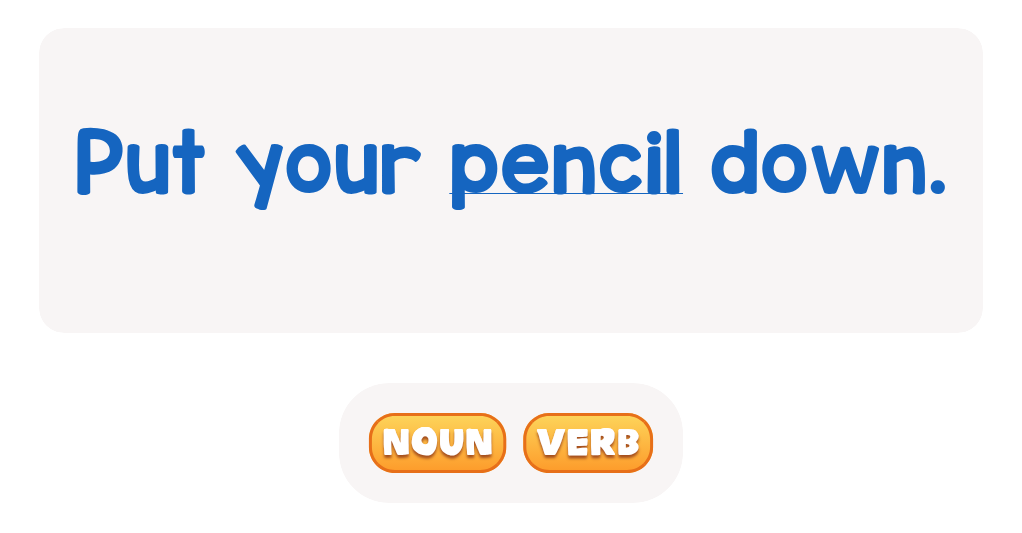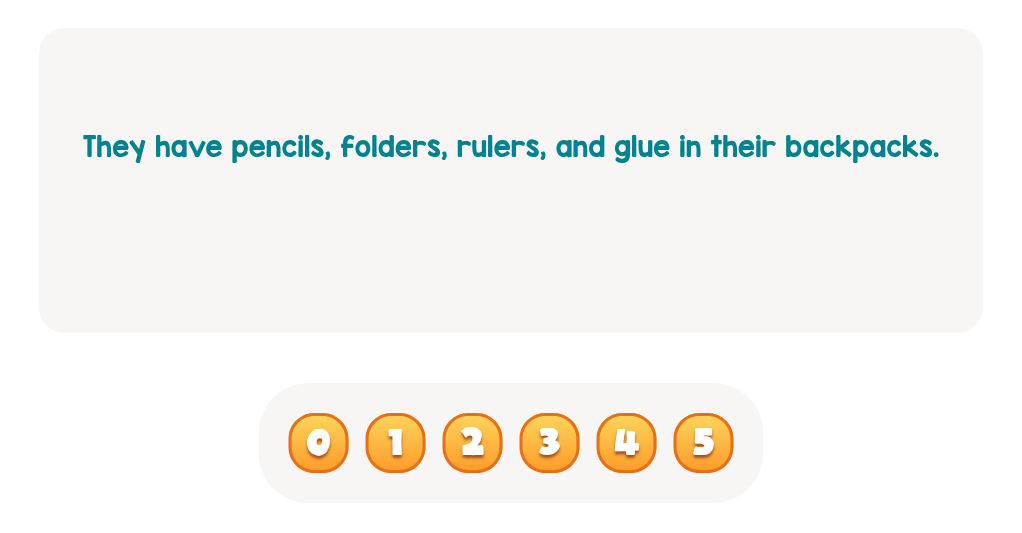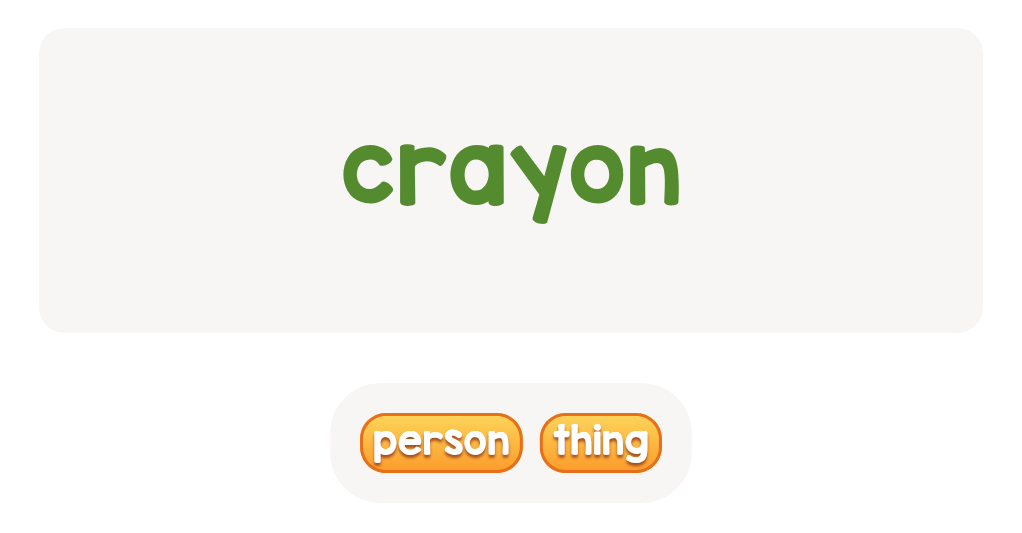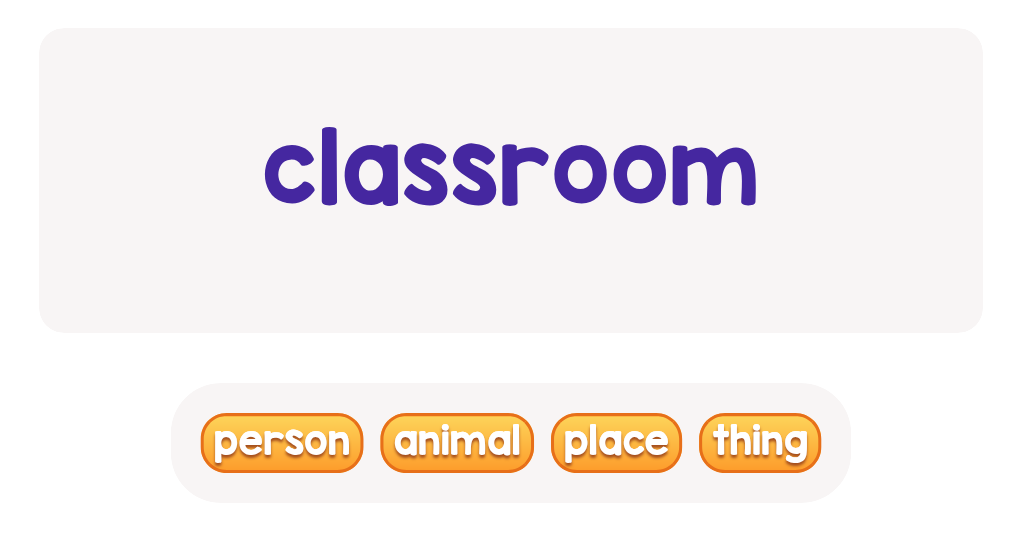Word identification Grammar Worksheets for Ages 5-7
6 filtered results
-
From - To
Unlock your child's potential with our Word Identification Grammar Worksheets for Ages 5-7. Specifically designed to help young learners improve their reading and writing skills, these engaging worksheets make grammar fun and accessible. Each activity focuses on foundational skills like identifying nouns, verbs, and adjectives, ensuring your child gains a solid understanding of essential language concepts. Perfect for use at home or in the classroom, our worksheets support a variety of learning styles, making it easier for children to grasp and retain new information. Explore our collection and watch your child's confidence soar in no time!
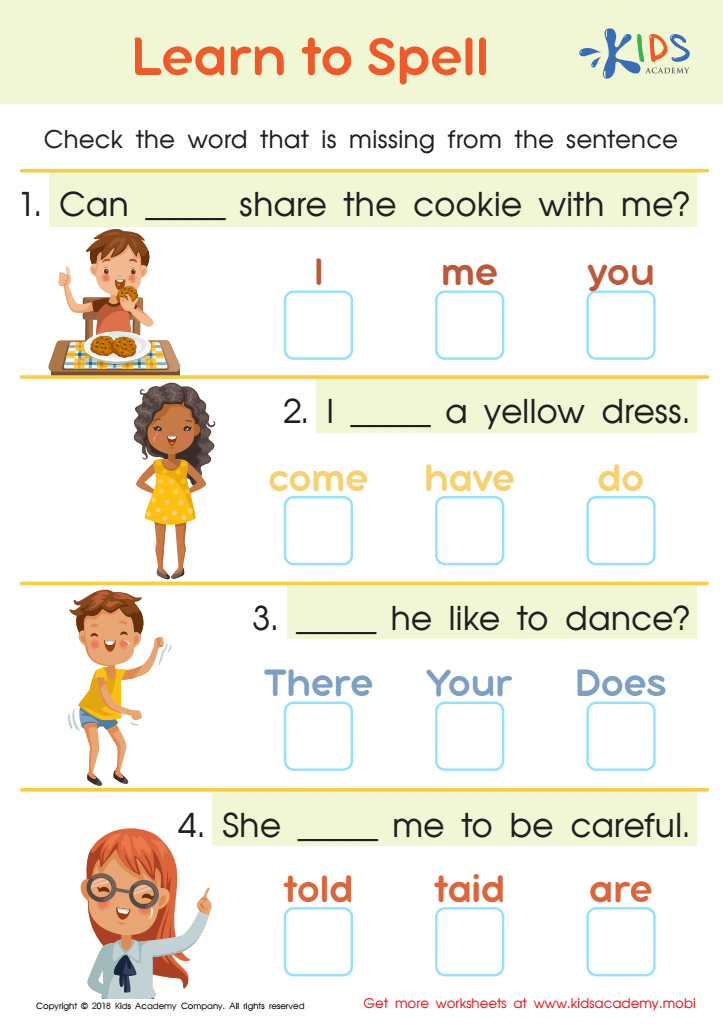

Learn to Spell Worksheet
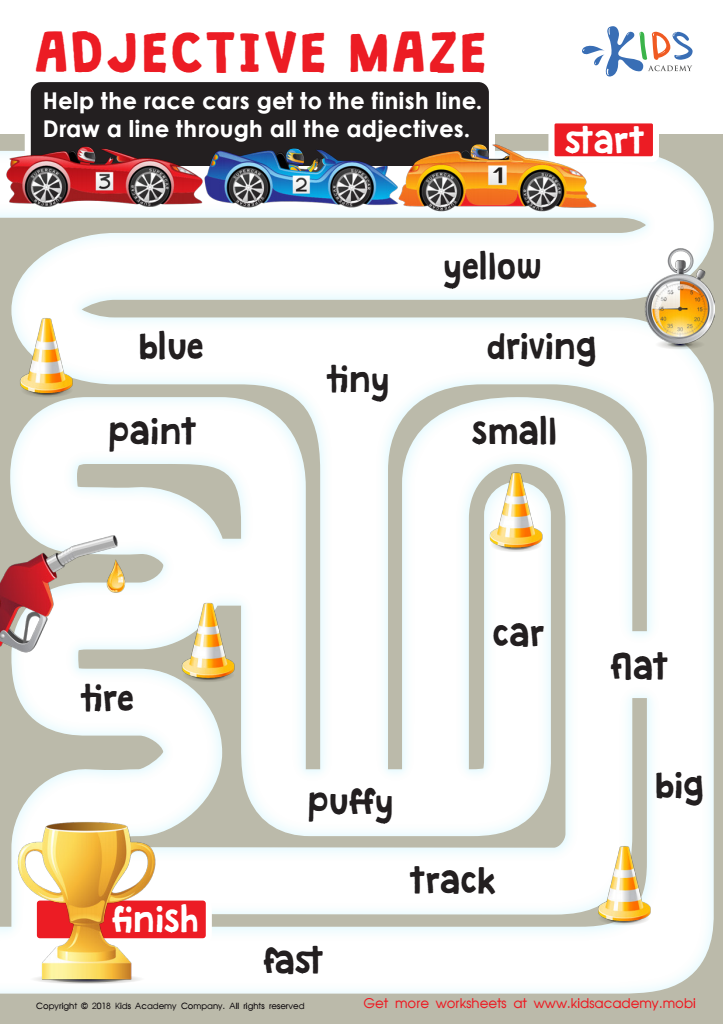

Adjective Maze Worksheet
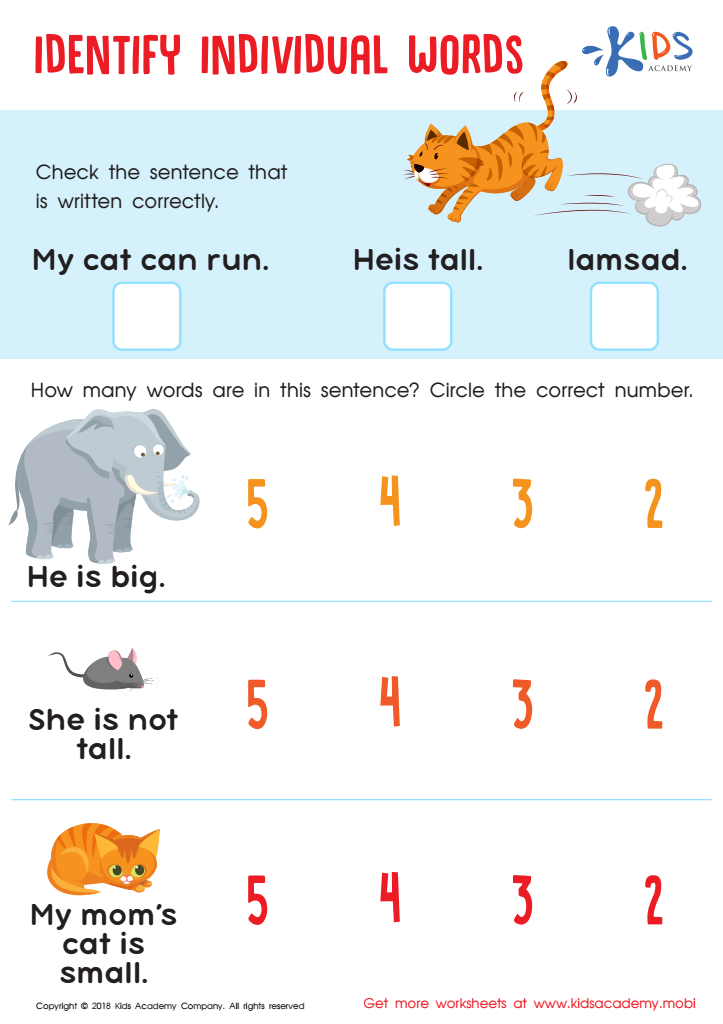

Identify Individual Words Worksheet
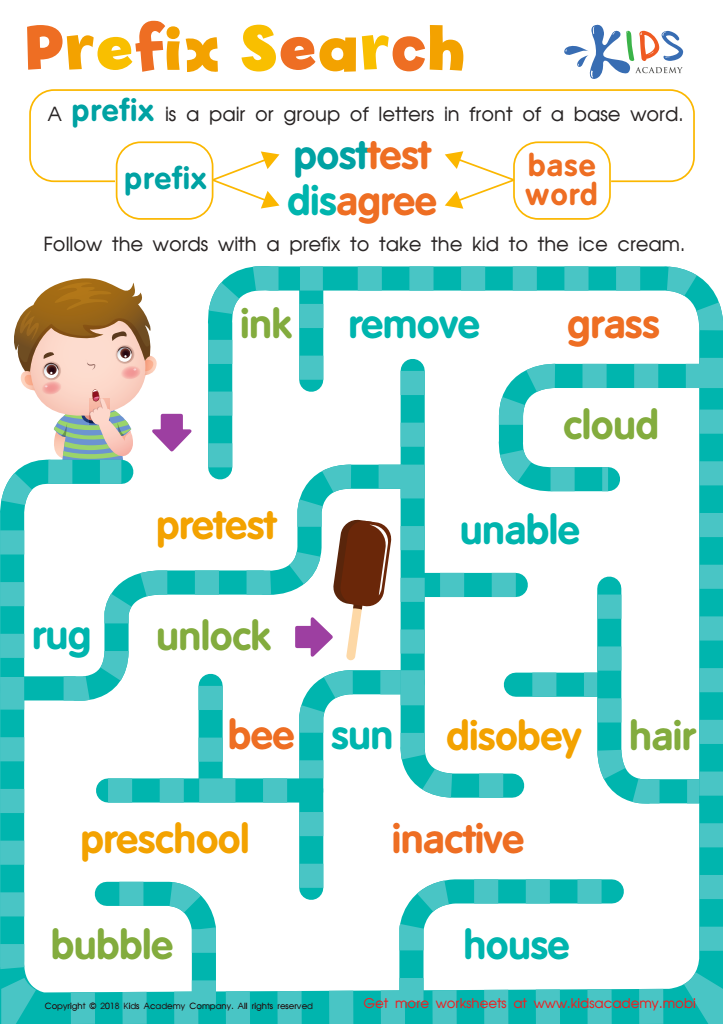

Reading: Prefix Search Worksheet


Phonics and Word Recognition: Assessment 1 Worksheet
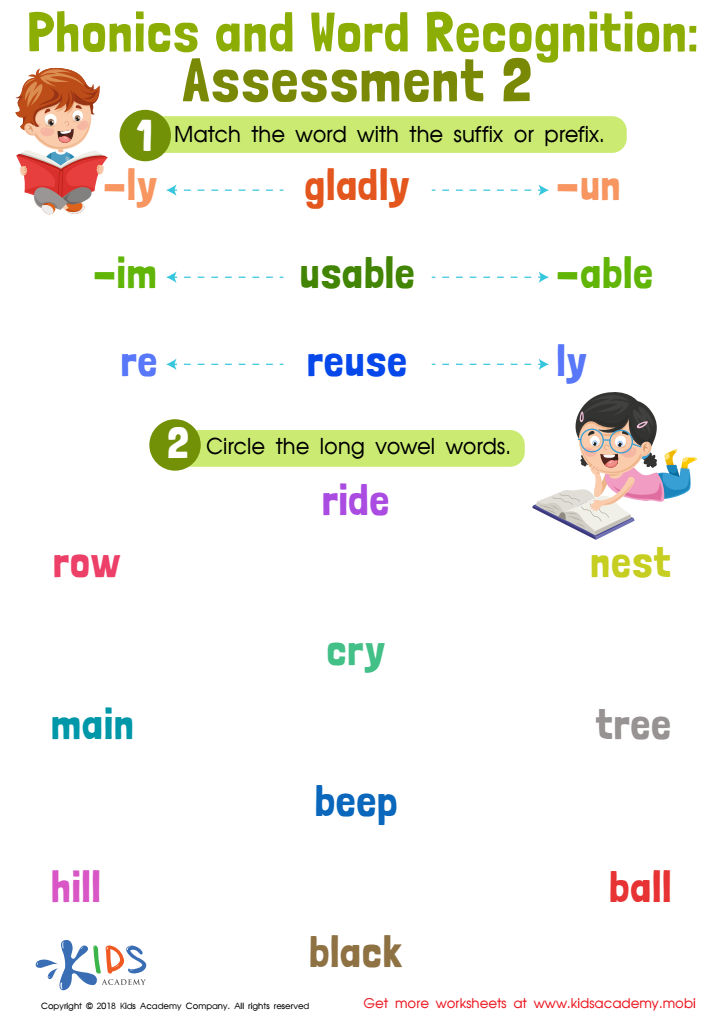

Phonics and Word Recognition: Assessment 2
Parents and teachers should prioritize word identification and grammar for children aged 5-7 because these foundational skills are critical for their overall literacy development. At this age, children are in the early stages of learning to read and write, and the ability to recognize words quickly and understand grammar sets the stage for more advanced language and reading comprehension skills.
Word identification, or the ability to recognize and understand words, helps children become fluent readers. If children can identify words quickly, it boosts their confidence and fosters a love for reading. Early mastery of word identification reduces the cognitive load during reading, allowing children to focus on comprehension rather than decoding each individual word.
Grammar, on the other hand, helps children understand how language is structured. Knowledge of basic grammar rules enables them to construct sentences, express ideas clearly, and understand what they read or hear more effectively. Good grammar skills are linked to better communication abilities and academic performance across all subjects.
Furthermore, early development of reading and writing skills benefits children socially and emotionally, as they can engage more fully in classroom activities and interactions. Therefore, focusing on word identification and grammar for young children lays the groundwork for their future academic success and lifelong communication skills.

 Assign to My Students
Assign to My Students
